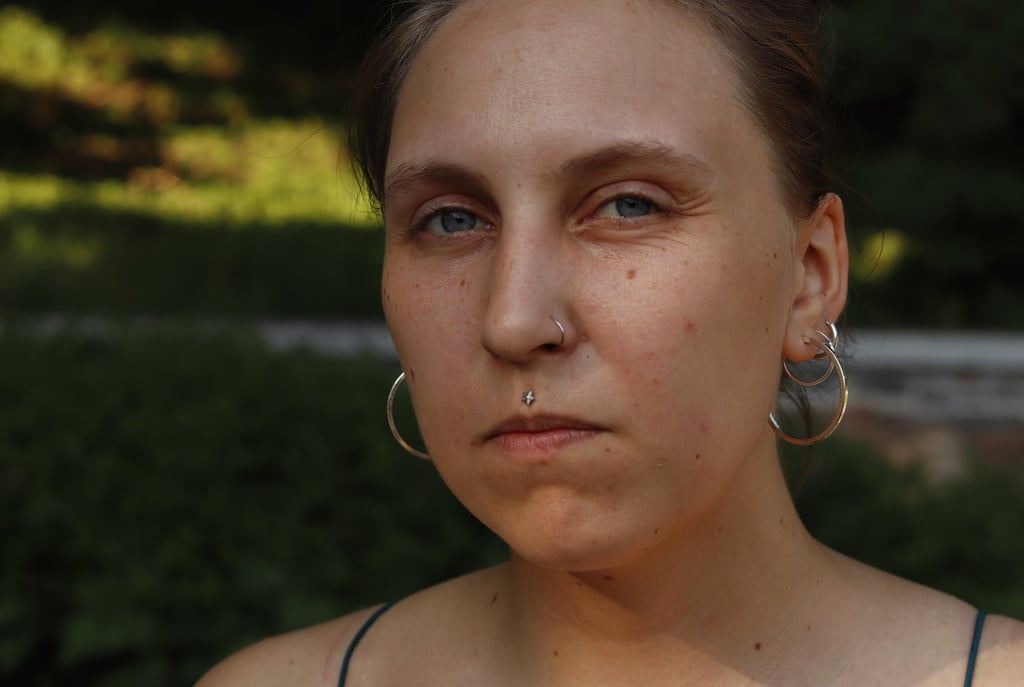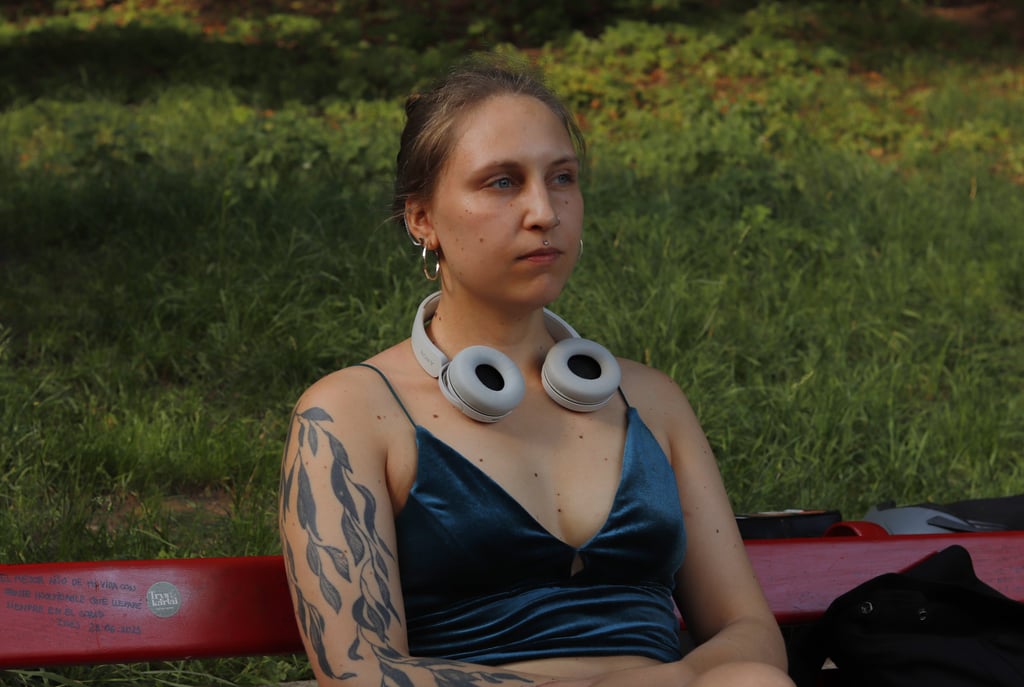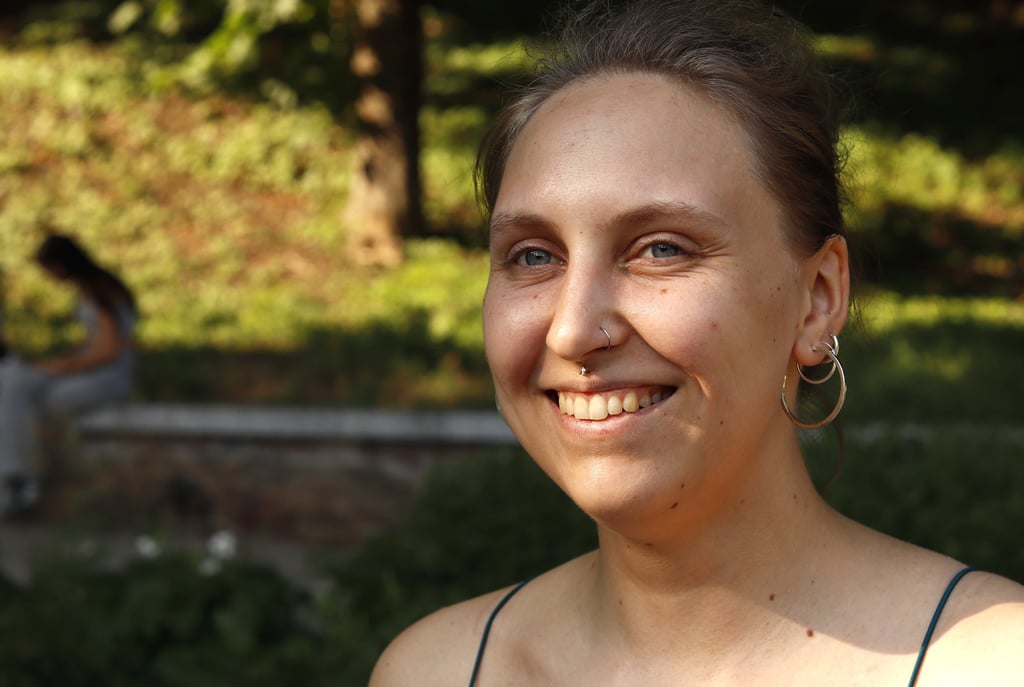Portraits of Members: Saulė Paulikaitė, G1PS Founder and Labour Law Consultant
"There will always be jerks who want to intimidate and demonstrate their power, but that doesn't mean you should be afraid to strive for good." Saulė, the most active G1PS volunteer consultant, talks about her journey to becoming one of the founders of G1PS, her contribution to activism, and crazy cases of labor law violations.
ENGLISH
7/31/20257 min read
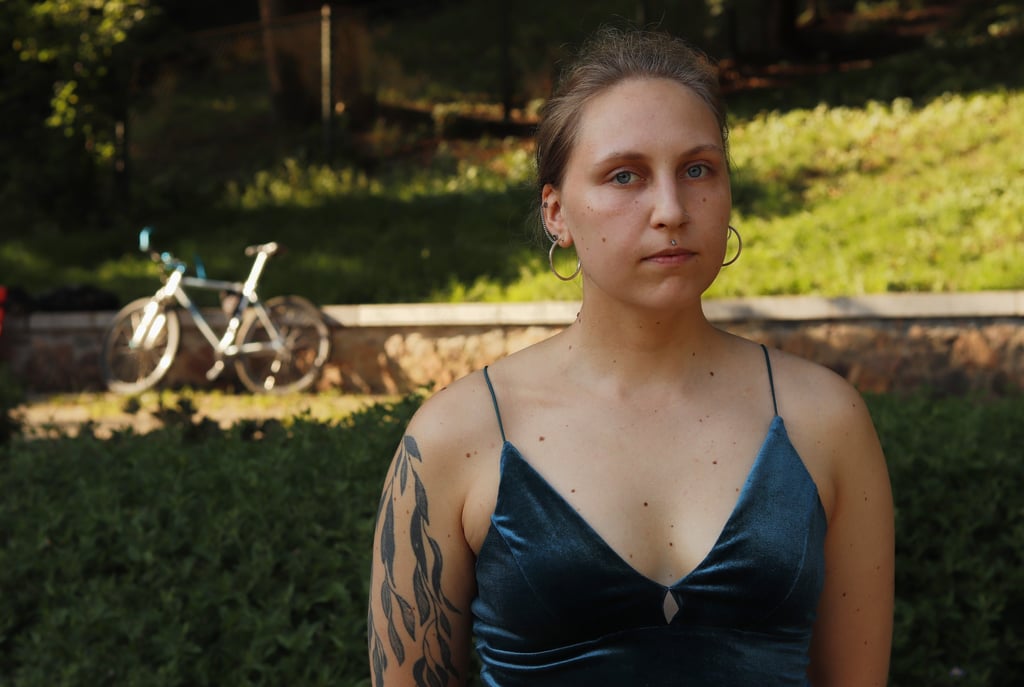

I am currently a master's student studying literature in Kaunas and working as an accountant. In addition to these activities, I sing in an experimental folk group called Merkū and have plans to start another crust-punk band. I also do various artistic projects, but my main focus right now is my studies and work. Oh, and I'm also a volunteer labor law consultant at the May 1st Trade Union!
How did I end up here? As a teenager, I was very apolitical, didn't know much about that field, and it all seemed very boring. But I somehow intuitively gravitated towards people who seemed to be in a weaker position, I cared about tolerance towards foreigners, LGBT people, etc. Maybe it was because I never felt very accepted among my classmates at school, so I wanted to stand up for those who were rejected. Later, when I was about 21, I found out that there was an anarchist community in Kaunas that had its own social center called Emma. One of my friends belonged to this community, so I started visiting it more often. At first, I was cautious about their activities because, like many Lithuanians, I associated left-wing politics too closely with the Soviet Union. But when I became more interested and started studying for a bachelor's degree in philosophy, I quickly realized that left-wing politics was everything I had intuitively believed in for a long time, but couldn't define.
For a while, I tried to contribute to Emma's activities in various ways, but I never quite knew how, because I didn't have the same education as the other members of the collective. Most of them had degrees in philosophy, sociology, political science, gender studies, and several master's degrees, while I felt like a complete outsider with my unfinished bachelor's degree. I tried to help with household chores, but I couldn't really find my place. Emma's activities gradually expanded, became more serious, and grew from a community space into a separate media group, now called Gyvenimas per brangus (Life is too expensive), and then a trade union was established. It was a natural step for me to join and support it. At the time, I didn't know how I would be able to contribute, but just putting my signature on the founding document seemed important. I think that G1PS is a very good safety net. Even if it is not very important to people ideologically, it is at least very beneficial to be a member from a selfish point of view. If something happens, there will be someone to stand up for you.
I was a passive member for a long time, but a couple of years ago, Jurgis, our trade union lawyer, suggested that I take part in G1PS labor law training. At the time, I was already working as an accountant, so I thought it would be useful for my work, and I really wanted to take advantage of the opportunity to participate more actively in the union's activities. I was delighted, completed the course, and now, for about a year and a half, I have been providing consultations and am much more knowledgeable about labor law than before. It's good for my own life, and sometimes I can apply it at work. It's really cool when I can advise people on how to behave better, how to protect themselves from manipulation, how to improve their conditions, and so on. It's very satisfying when you manage to really help someone achieve something, or at least give them some advice so that their working relationship is not exploitative and is as beneficial to the employee as possible. That's also an achievement, and a significant one at that.
Sometimes I have to help my closest circle. My husband experienced an unpleasant situation at work – he had to leave due to health problems. The doctor did not recommend that he continue working, so I immediately said that he was entitled to dismissal with severance pay, i.e. for important reasons. But my husband is a foreigner and is not familiar with Lithuanian labor law. The employer took advantage of this and tried to trick him into signing a letter of resignation so that he would not have to pay him anything, and even tried to arrange everything so quickly that we would not have time to react and protest. But we appealed to the Labor Disputes Commission and won – the commission recognized that the dismissal was unlawful and awarded a substantial amount for forced absenteeism. This was probably the biggest victory I have achieved in my consulting career!
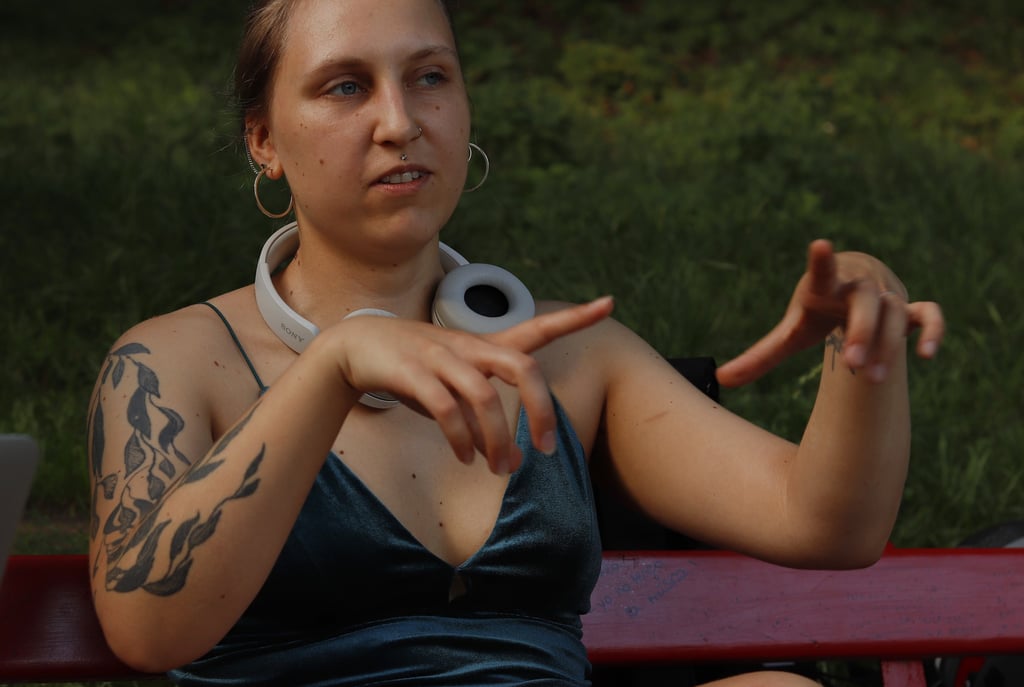

There have been some really crazy cases. For example, when a man lost consciousness at work and woke up at home, wearing different clothes, and his employer told him that he would not show him the video from his workplace because "he just fell asleep at work." This was probably the cruelest case I have heard of. There was also a sadder case where I really hoped to be able to help: an older foreigner came to Lithuania to work in one position at the Ekonovus company, but they put him in another position and didn't even give him a normal employment contract... They simply said that either he would be fired immediately because he was on probation, or he could work in another position, which he couldn't even do because of his health. I told him to try to gather more evidence, voice recordings, but then that person stopped responding. It was a great pity, I don't even know how it ended for him... Or a situation where the employer may have even retaliated for our attempts to take action and called the police on the former employee for alleged fraud at work. In such cases, your conscience gnaws at you. You start to think that maybe you shouldn't have taken it on at all, because we achieved almost nothing for that person... But I try to remind myself that we sincerely did what seemed best at the time, with the employee's consent and support. There will always be jerks who want to intimidate and demonstrate their power, but that doesn't mean you should be afraid to strive for good.
This work really requires determination, that it be important to you personally. Because if it doesn't seem important, then I don't know why you would do it at all—you won't get any material benefit from it. Even among people who have a professional legal education, it seems to me that if you are doing it not for the idea, but for good money, then it is most appropriate to advise entrepreneurs or engage in civil law. If you want to deal purely with employee rights, then you must definitely see the meaning in it. I see the point because it is very clear to me that the employee and the employer are not equal, that the relationship is not horizontal. People who do not see this may find it more difficult to understand why this activity is important.
Structural or logical thinking is also important in consulting, because you need to be able to clearly categorize what the problem is, what you are trying to achieve, on what basis you will try to achieve it, and so on. Sometimes patience is needed, because it can be difficult to explain to people that we want to help, but in principle we can only help to the extent permitted by the Labor Code. We cannot take any anarchist or radical measures. Although sometimes we go and protest at the workplace or shame them in the media when other methods no longer work...
Of course, it takes time, which you can't always devote as much as you would like. Personally, I feel a strong sense of responsibility when counseling. Perhaps it's because I come from a middle-class family and often feel a certain guilt towards my friends or other people because I have a security that they don't have. It's as if I have to pay some kind of dues for having had a slightly richer childhood, as if I owe them something. This motivates me to contribute as much as possible to all kinds of activist activities, protests, and consultations. Sometimes this can get in the way. When I became more involved in these social movements, my personal hobbies began to seem insignificant. It seemed that nothing good would come of them. And that turned into depression. Now I am glad that I have started to rediscover those activities. Just for the sake of your brain health, it is very important to do things that are enjoyable and not just about social activism.
Since these consultations are voluntary in nature, and since one of the main things that drives us is a personal desire to help other people, I have noticed that our activity is very inconsistent. It is very easy to get tired, lose motivation, say, "Oh, what am I doing here, I'm not getting anything out of this activity, I have other work to do," and so on. As a result, the activity of volunteer consultants is quite uneven. Sometimes it increases, and sometimes there is complete silence—no one can do anything, everyone is busy, consultations come in, and there is no one to respond. Of course, we are always looking for ways to get these people more interested, motivated, and involved, but it is quite difficult work, and resources are limited. That's why we now have a few people who are active and highly motivated, so even though the team is small, you feel that you are no longer alone. Then it's all good.
